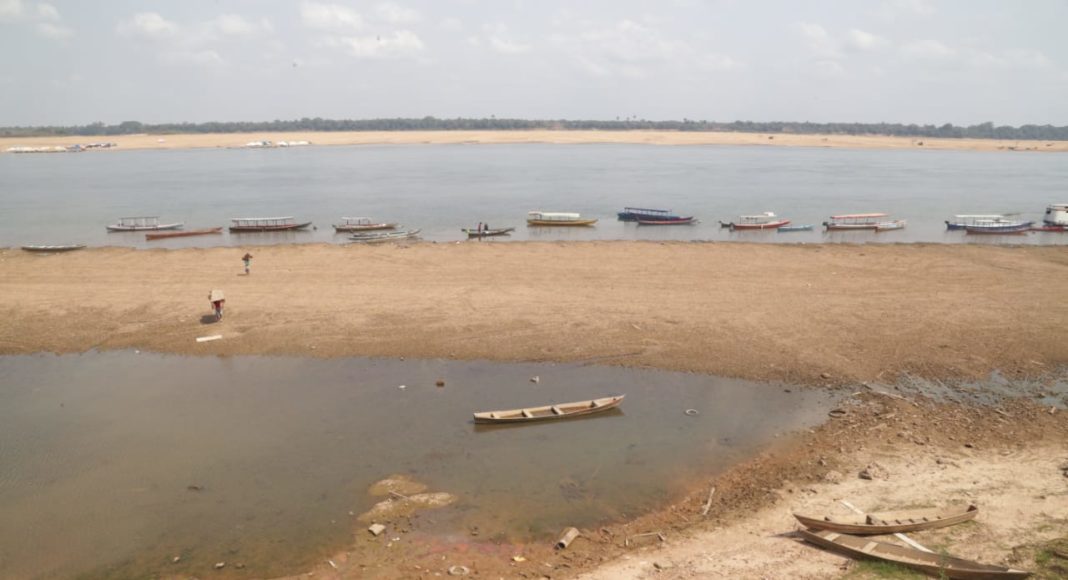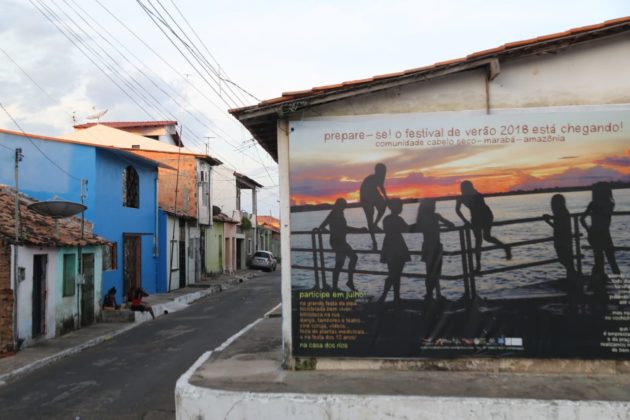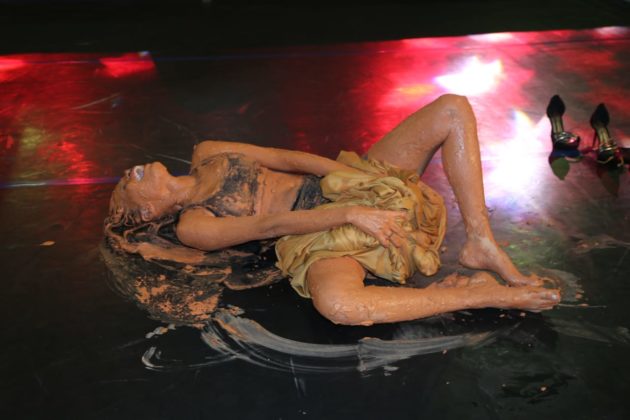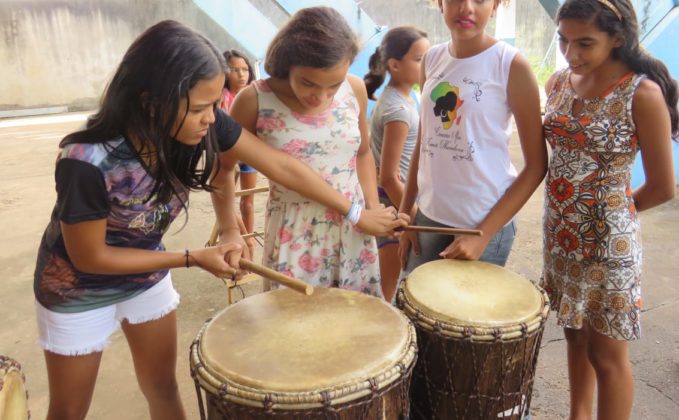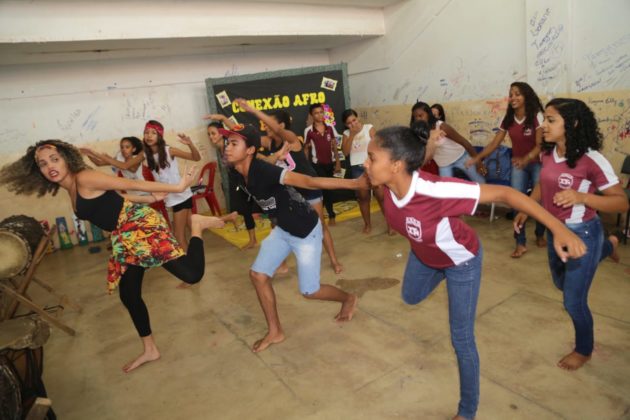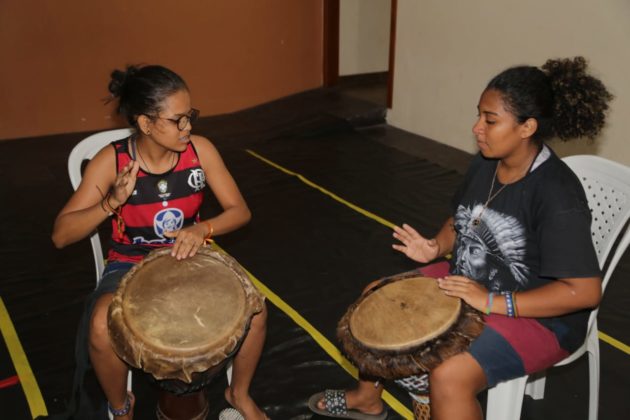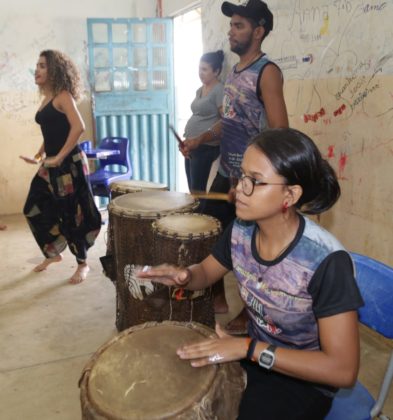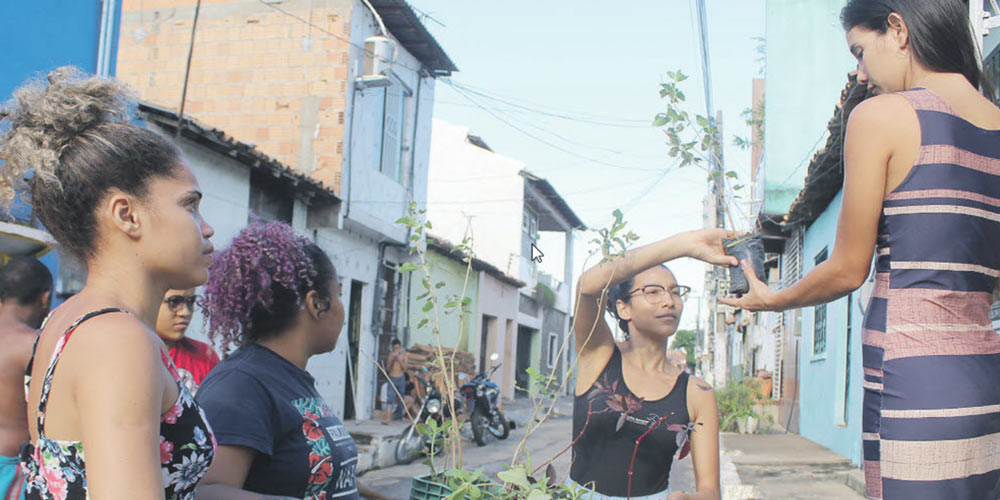‘Remember Germany, 1934,’ my moderate brother advises, ‘and be explicit’. For forty years, I have written from the threshold between resistance and liberation. I never imagined we would live on the threshold between ‘the least worse’ and fascism. My eyes brim with tears. I don’t want to leave the House of Rivers. ‘In times of fake news and seamless editing,’ I reply, ‘I affirm the intelligence of the readers of my stories, to create space for the most diverse, active interpretation. How else will we nurture new methods capable of responding to the radically unprecedented questions of our time?’
Sunday, 28th October, 1am
We go to sleep knowing that tomorrow our world will be profoundly changed. We seem to be caught in the grip of a classical tragedy, made all the more unbearable by the certainty of the Workers Party [PT] that São Paulo, Salvador and Porto Alegre have overturned Bolsonaro’s huge lead in the polls to spearhead victory through the capitals. ‘The Brazilian people are remembering all that Haddad achieved as PT’s first Minister of Education and then as Mayor of São Paulo’, messages Luiz Carlos, Amazonian member of the PT National Executive. ‘Bolsonaro’s hand gesture of the cocked gun has been trumped by Haddad’s symbol of the book! There’s still time! Look at how many people are appearing on Face, holding the book that changed their life!’ I don’t have the courage to remind him that learning self-determination takes decades. The violence, corruption and austerity, that drive the panic in a horizonless, parched world, are now.Sunday, 28th October, 3am
We are woken by loud, threatening voices outside the front windows of our House of Rivers: ‘Bolsonaro, Bolsonaro, Bolsonaro!’ In the darkness, I listen to the slap-slap of running, bare feet, as harsh young men’s voices invade other progressive homes, barking cries for freedom muzzled for centuries by the traumatic loss of language and memory, the threat of the whip and of eternal damnation. Bolsonaro has granted them permission to ignore the years of the raised flip-flop in their mother’s hand and her accompanying glare that restrained and humbled them every day. They’ve overcome the recurring nightmare and vacant silent stare of forgotten abuse. It’s as if centuries of toxic effluent have burst the dam of complicity through a wound opened up by the stabbing[i] of their hero, Bolsonaro, and now spew out into all public space.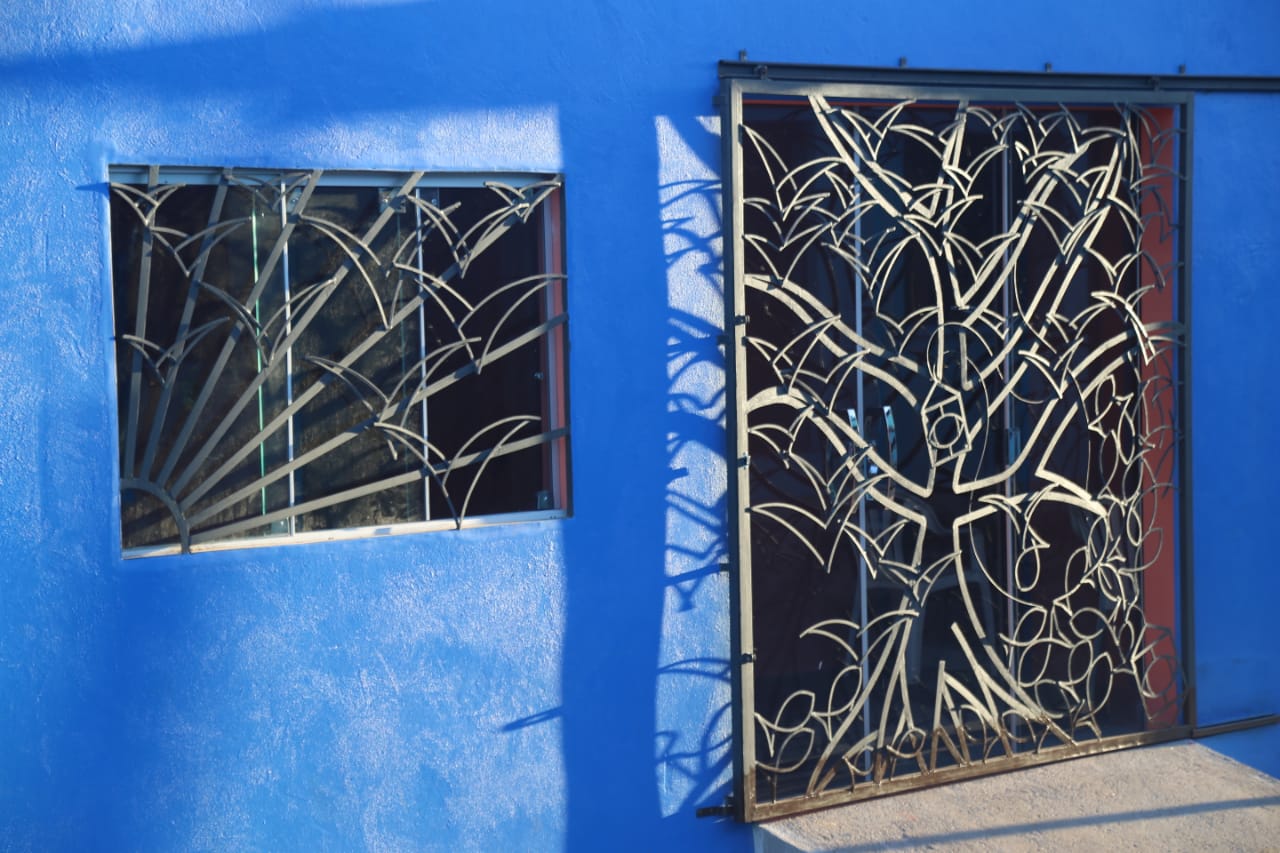
Sunday, 28 October, 9.05am
In the stark early morning sun, just minutes after Marabá’s oldest nursery school opened its polling booth in our community of Cabelo Seco, Dos Reis calls me to his side. He sits in the shade of the Indian Nut tree whose canopy attracts humming birds and links our garden to neighbour Zequinha’s porch, where self-taught philosophers, scientists and people’s artists gather. ’Today will redefine all our lives’, I reflect, shaking Dos Reis’ hand. ‘Perhaps our last days of freedom.’ The acclaimed Amazonian poet and folk-dancer, Afro-Indigenous linguist and pedagogue, celebrated ex-Secretary of Culture in the gold-rushed municipality of Eldorado dos Carajás, is euphoric. ‘I drank beer with Lula. Helped him found the Workers Party, here and throughout the Amazon. My hope overcame my fear. I broke my silence, ended the torture of my own complicity. No-one had ever used the beauty of traditional and contemporary dance to confront the ugly legacies of genocide, slavery, and military dictatorship.’ Dos Reis’ eyes well up with tears. ‘We won global recognition.’ He gazes across the barely flowing river at Tucunaré beach where the memory of torture still haunts and intimidates Marabá. ‘And it all disintegrated. Into arrogance and corruption. In just 14 years.’ The gentle mestre I’d sat with just two nights earlier in our ‘Community University of the Rivers’, is unrecognizably bitter. His smile is taut with fury. ‘Now, we will have justice. I didn’t need a protected free place for Negros to enter university. I didn’t need privilege, to graduate with the highest honours in the university’s history. Now, at 67, I will finally become a citizen of a country I’m proud of. I will get my pension and my people will climb out of poverty.’ He raises his index finger, trembling with anger. ‘I’ve lost life-long friends yesterday, for speaking the truth about the Workers Party’s political and financial corruption. “How can you vote for a fascist,” they ask? Finally, my rights will come before any Venezuelan, Cuban or Haitian. Now, the Amazon will develop.’ In another time, I would have questioned the power of confrontation to heal and transform legacies of colonization. But I decide not to engage. I retreat in silence and note I am learning to retreat. In silence.Sunday, 28th October, 3pm
Maciel and Bryan call my name through the sculpted grill of our front window that looks out onto the dusty community square. I close my Mac and walk through our theatre, past African drums and indigenous percussion instruments, beneath our hanging wardrobe of vivid African costume, and our children’s library. If Bolsonaro wins, all this will have to be hidden. They call me again. Why have they returned ? Maciel is too young to vote and Bryan has no documents. The raucous laughter of the past few days on the riverfront recedes behind me, but continues to explode on the riverside, insensitive to the community’s siesta time. I can’t believe the two youths have returned from the safe homes of distant relatives! After all our negotiations with the military police and drug dealers to untangle the knot of unpaid cell-phones, sexual betrayal, and zero-tolerance racist policing. Now they live on borrowed time. disentangle the knot of unpaid cell-phones, sexual betrayal, and zero-tolerance policing confused with racist suspicion, which threatened their lives. As I pull back the sliding grill, Maciel slips his hand inside the open glass doors to point at the cracked aluminium frame. In an instant I recall mothers, grandmothers and breast-feeding daughters from the small wooden homes facing and on each side of our House of Rivers, sitting on our raised sidewalk, debating whether to annul their votes. I recall how their animated, spontaneous workshop on democracy in crisis was suddenly interrupted by two youth racing in opposite directions through the narrow street, as a motorbike turned the corner and five gun-shots shattered the lazy Sunday afternoon. As they turned to find five bullets embedded in our front wall, I remember thinking they’d not even had time to raise their hands to cover their screams. ‘One bullet split that metal tube protecting the electric cable,’ Maciel points to the evidence as he speaks. ‘Another passed through here, shattering this rod and lodging in the bathroom door-frame.’ Bryan shakes his head. Two other youths nod in silent understanding, like skilled detectives. ‘Three bullets passed between the children,’ continues Maciel, ‘right there on the sidewalk, where they were playing tea-parties. Pa pa pa pa pa!’ The fifteen-year-old narrator shudders, his body involuntarily dramatizing its traumatic memory. ‘My God in heaven, it was close.’ I let him speak, to see how he tells his story, and how it will impact on Bryan. My memory is vivid too. ‘It’s a miracle no-one was killed,’ neighbours had whispered as they gathered. ‘A miracle no-one was hit.’ Children had clambered up onto the sidewalk. ‘Five bullets’, they’d confirmed to each other, poking their fingers into the holes in our blue wall. ‘The saviour will change all this, after he’s elected’, little Kaline had said with certainty, wearing the lurid red lipstick of a teenager. ‘He survived a stabbing to do God’s work.’ They’d all nodded in agreement, analysing the trajectory of the bullet that hit the bathroom. ‘That’s because he’s a myth,’ Kaline concluded. ‘Why are you here, Bryan?’ I ask. ‘It’s not just the safety of the families, my friend. One text and this time, you’ll be dead. You won’t make it to twenty’. Bryan smiles. ‘I know. I came back to see my girl. No-one will do anything on election day.’Sunday, 28th October, 7.03pm
In the mouth of the night, at sunset, after a day of endless explosive laughter, endless plates of grilled Tucunaré fish from the reservoirs upstream, and an endless fountain of beer-cans tumbling into the open sewer or spiralling over the iron railings onto the cracked mud bank, I walk the ten meters from our home to look out over the gasping River Tocantins. After my conversation with Dos Reis, I’ve decided to photograph nothing today, to write nothing, but to live and note every detail.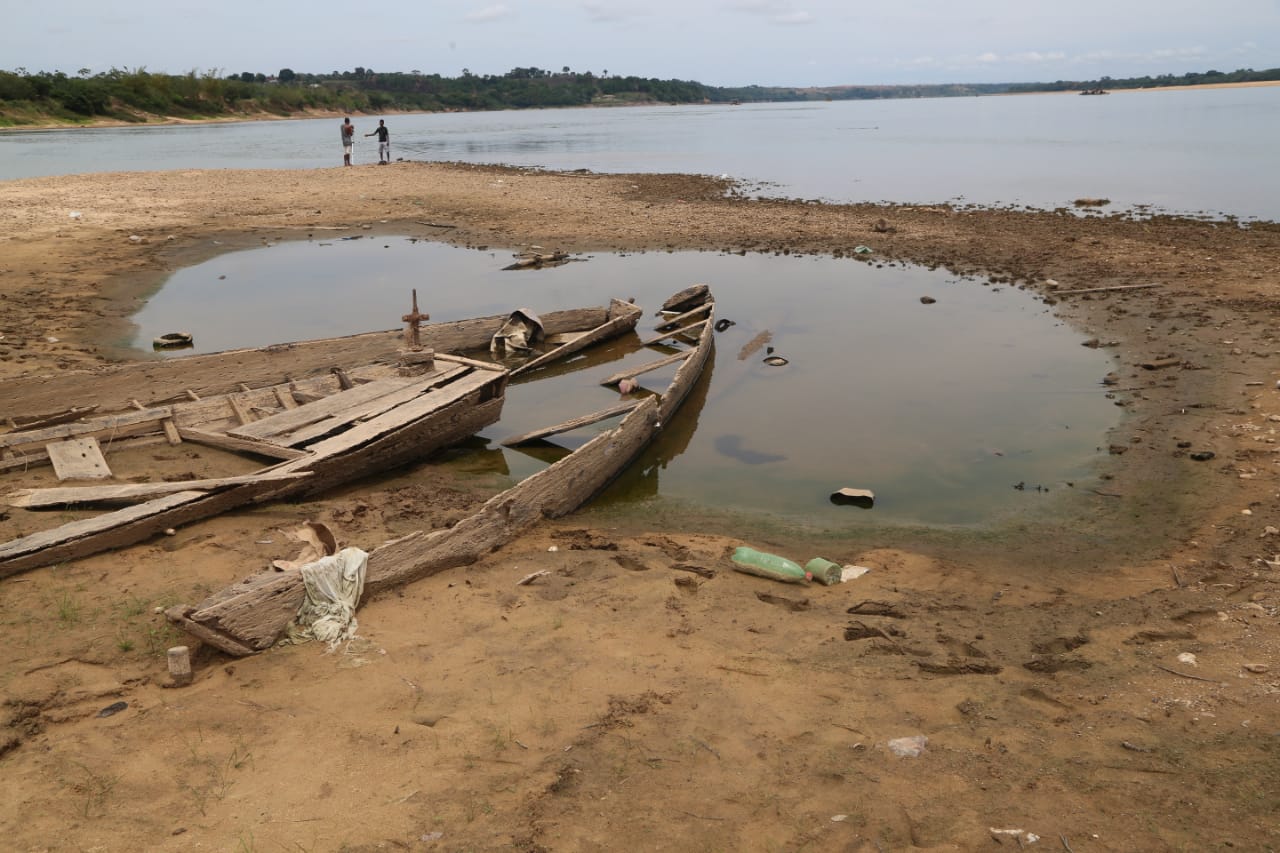
Sunday, 4th November, 11pm
Since the Monday morning following Bolsonaro’s ‘electoral’ victory, we have been learning to live in three overlapping times: everyday time, threshold time and emergency time. I cannot yet believe I am writing these words to describe my life. They seem to belong to the Latin American novels of my student years, to a world we had all left behind.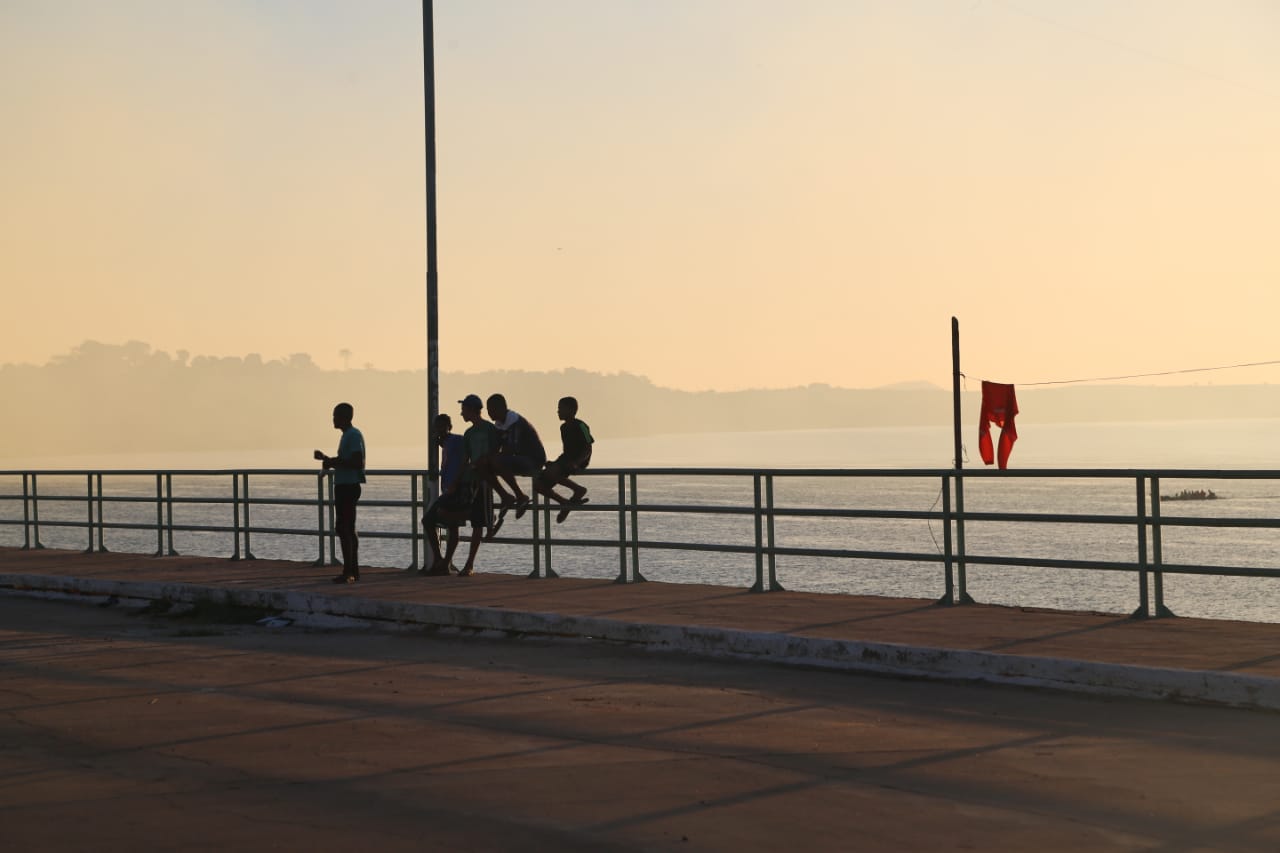
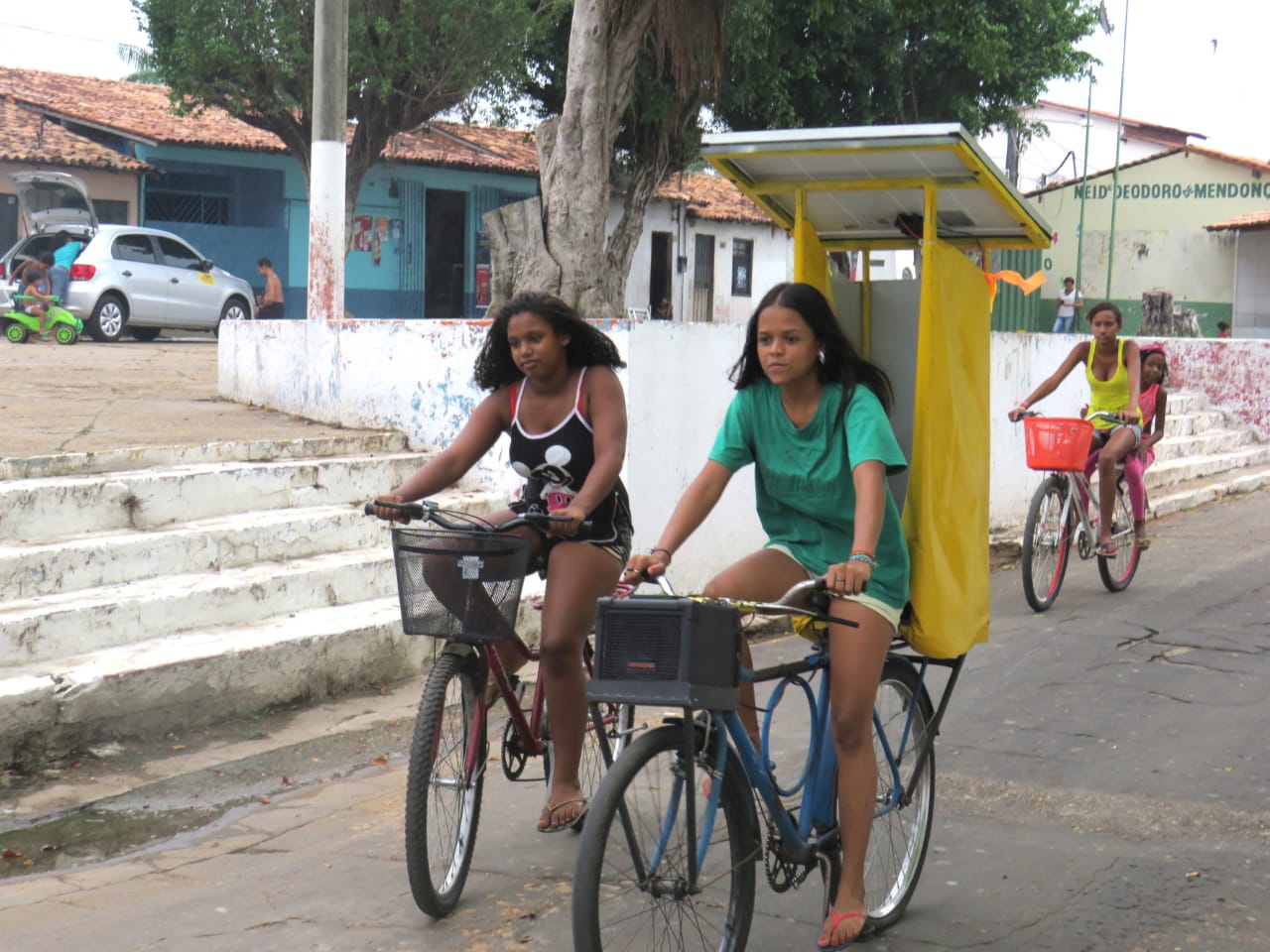
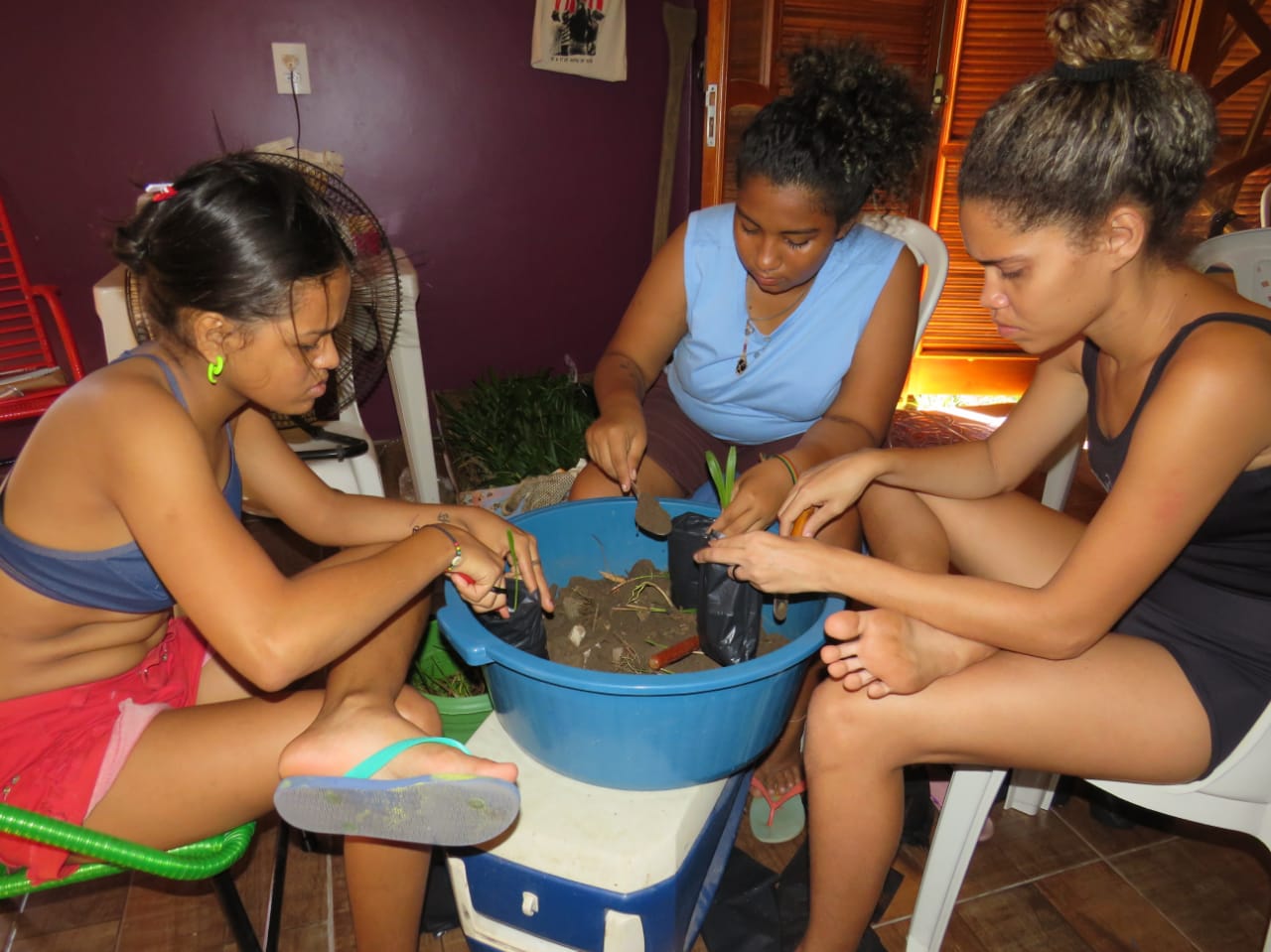
[i] Jair Bolsonaro was stabbed during a rally in Juiz de Fora, Minas Gerais, on 6 September. He recovered and went on to win the second round of the presidential elections on 28 October by a margin of 55% to 45%. He will formally become president on 1 January 2019.

